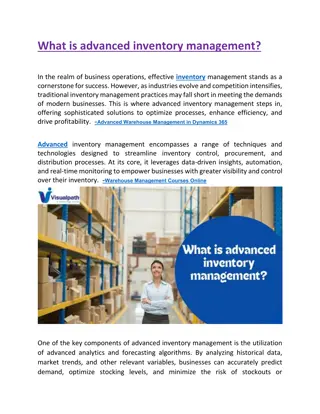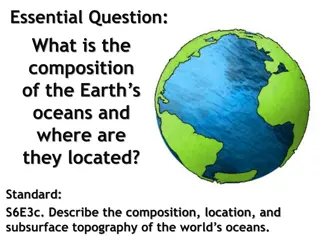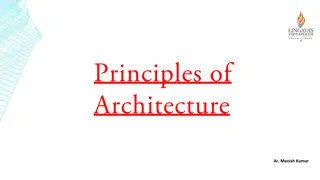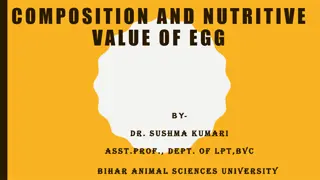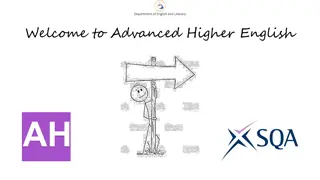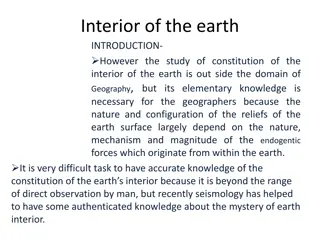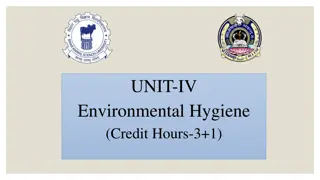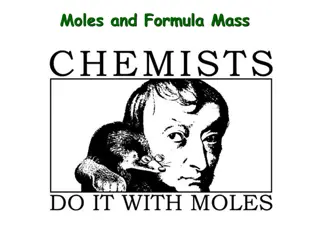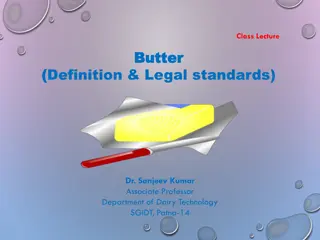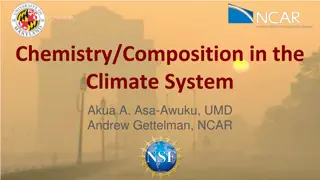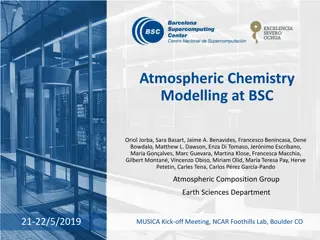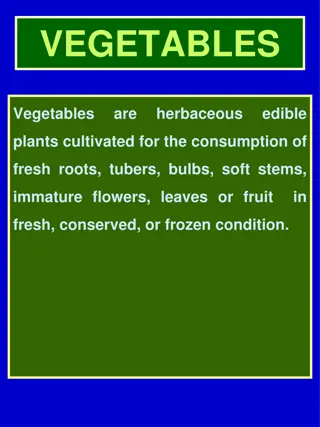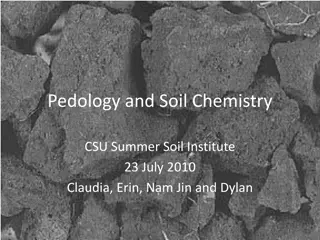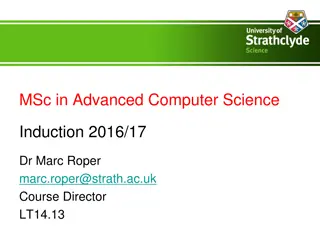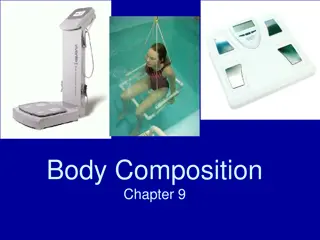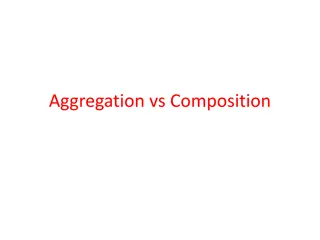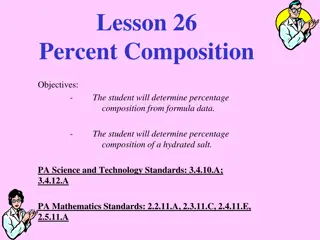Advanced Composition and Research Course Overview
This advanced composition and introduction to research course focuses on developing students' writing skills, including analysis, synthesis, and evaluation. Through intensive practice, students learn to apply knowledge in various writing contexts, organize information effectively, and make judgments on ideas. The course highlights essay writing, enhancing students' ability to create coherent and convincing pieces of writing.
Download Presentation

Please find below an Image/Link to download the presentation.
The content on the website is provided AS IS for your information and personal use only. It may not be sold, licensed, or shared on other websites without obtaining consent from the author.If you encounter any issues during the download, it is possible that the publisher has removed the file from their server.
You are allowed to download the files provided on this website for personal or commercial use, subject to the condition that they are used lawfully. All files are the property of their respective owners.
The content on the website is provided AS IS for your information and personal use only. It may not be sold, licensed, or shared on other websites without obtaining consent from the author.
E N D
Presentation Transcript
ADVANCED COMPOSITION AND INTRODUCTION TO ADVANCED COMPOSITION AND INTRODUCTION TO RESEARCH RESEARCH (ACIR) Course Description + Introductory session
Course Objectives Course Objectives The course aims at : Developing and consolidating the sub-skills involved in writing, as well as the students acquisition of application, analysis, synthesis and evaluation as procedures applied in writing. Introducing the students to the basics of research paper writing.
Application Application Through intensive practice of the items introduced, the course aims at developing the students ability to apply the knowledge and skills acquired in various contexts of composition and essay writing.
Analysis and synthesis Analysis and synthesis The second objective of the course is to reinforce the students ability to organize information and ideas into meaningful, coherent and convincing pieces of writing.
Analysis Analysis involves being able to understand relationships between various elements of a whole, using procedures such as listing, distinguishing between main and supporting ideas, and recognizing the general structure of a piece of written discourse.
Synthesis Synthesis, on the other hand, refers to the student s ability to combine together parts in order to form a coherent whole. Instances of application of this skill are summarizing, outlining, abstracting, introducing and concluding.
Evaluation Evaluation As the main focus of the course in on argumentative and research paper writing, its ultimate aim is to develop the student s ability to make judgments about the value of ideas and concepts. This shoul enable them to critically assess a statement, a theory, a concept, an idea or an attitude, using such procedures as comparing and contrasting, listing and argumentation.
Writing essays Writing essays Writing this essay is important to you It will represent the fruits of your reading, of your note-taking, of your listening in class and at lectures, or your discussions with your lecturers and fellow students, and above all the fruits of your thought. These essays/ monographs will be tangible proof of what you ve achieved during the term. Some of the forms of study in which you will engage have just been mentioned (reading, note-taking etc. ). To produce a successful essay your study must be efficient.
Reasons for writing essays Because I am required to Just to show the amount of reading I have done and the knowledge I have gained To get a grade To develop my own intellectual faculties, my powers of reasoning, analyzing etc. To satisfy my lecturer.
It is most important at the outset to remove the idea the purpose of being a student is just to accumulate a pile of facts and the idea that the purpose of essays is to show that you know those facts. The essay is, in fact, an opportunity for you to develop your powers of reasoning: not to satisfy your tutor, not to display your knowledge of facts, not to get the right answer (as if there were just one right answer, which there seldom is in any situation).
If you do imagine that you are at college just to accept facts If you do imagine that you are at college just to accept facts uncritically from others, this is what follows: uncritically from others, this is what follows: If two books disagree on an issue, you will not have any way of deciding what to accept as correct. You will remain intellectually an infant You will not, in fact, acquire knowledge, since this is done only by understanding the relationships between one fact and another (which requires thought). You will not get very far in your career. In all probability you will soon make a serious error through unthinkingly accepting the word of some book or adviser. So you must apply your mind to the ideas, facts, theories and statements you come across. You must think for yourself.
What does applying ones mind to the facts mean? Mental activities: Drawing conclusions Discovering a general principle Dealing with apparent contradictions Spotting a false conclusion Spotting a possibly false statement of cause

 undefined
undefined










